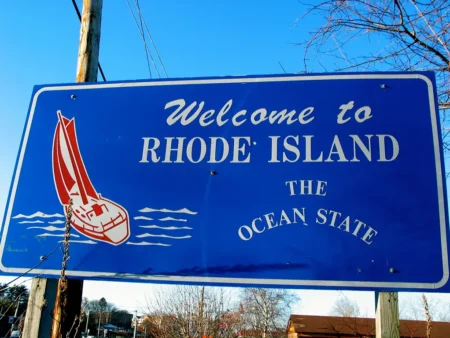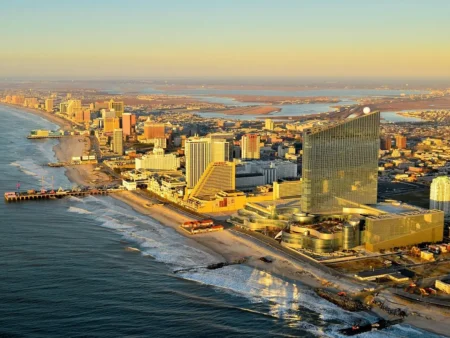

In January, a prominent opponent of expanding gambling and a leader in the petition effort that led to the legalization of casinos in Nebraska came out in support of the same law.
Both Pat Loontjer, executive director of Gambling with the Good Life, and Lance Morgan, president, and CEO of Ho-Chunk Inc., the Winnebago Tribe of Nebraska’s economic development arm, backed a bill that would limit the number of casinos in the state.
Legislative Bill 876 would establish criteria for the creation of new horse racetracks in the state, limiting the number of casinos available. In 2020, voters passed three ballot propositions allowing casino gambling at licensed horse racetracks.
Nebraska had six racetracks at the time of the referendum, in Omaha, Lincoln, Grand Island, Hastings, Columbus, and South Sioux City, with the possibility for six casinos.
What Happened After That?
In the months afterward, plans for seven more racetracks with accompanying casinos surfaced. Bellevue, York, Norfolk, North Platte, Ogallala, Gering, and Kimball would be among the seven.
Senator Tom Briese of Albion, who chairs the General Affairs Committee, proposed LB876 because he believes Nebraska voters want a “well-regulated, financially stable” casino business. At a legislative hearing, he remarked;
“I don’t think the public wants to see a casino at every exit on Interstate 80.”
As presented, LB876 would require a new track to be at least 50 miles away from existing tracks and to offer at least five racing days per year, up from one now. Briese also proposed an amendment requiring trains to be at least 75 miles apart, except in counties with populations of 100,000 or more.
Douglas, Lancaster, and Sarpy are the three counties in Nebraska that fit that criterion. A minimum of 15 days of racing would also be required under the change.
Would the Casino Harm Others?
Morgan spoke in favor of the distance limitations and more racing days, but against the exception for major counties, which he claimed would harm the casino planned for Omaha’s Horsemen’s Park.
Ho-WarHorse Chunk’s Gaming company has contracts to build a casino there, as well as at the Lincoln Race Course and Atokad in South Sioux City.
Morgan predicted that existing casinos in Council Bluffs and Carter Lake would be fierce competitors for the Omaha casino. The exception would allow the proposed Bellevue racetrack and casino to go through, he added, undermining the Omaha facility’s potential to bring gambling revenues back to Nebraska and generate tax income for the state.
What is the Reason Behind the Casinos?
“Our aim is to build a powerhouse that can compete with Iowa’s facilities,” Morgan said. “You shouldn’t bind the Omaha facility’s hands before we even start.”
Loontjer also supported the proposed limitations, claiming that they are necessary to prevent the horse racing business from going the way of Iowa’s dog racetracks and to reduce the harm gaming does to the community. She addressed the General Affairs Committee;
“The casinos’ purpose is to prey on our folks, and your role is to defend us.”
The distance limitations were contested by John Hassett and Bellevue Mayor Rusty Hike, who proposed a quarter horse track and casino named Belle Vue Downs. Hassett claims that market analyses suggest that the metro region can handle two casinos, which would promote horse racing and raise state income, while Hike claims that the Legislature should not select winners and losers.
The Nebraska Racing and Gaming Commission’s executive director, Tom Sage, had no opinion on the bill’s contents. However, he encouraged lawmakers to give the commission direction on what factors to examine when accepting or rejecting new racing bids. So yet, the commission has taken no action on the proposals that have been presented.
Last Updated on by Ryan











